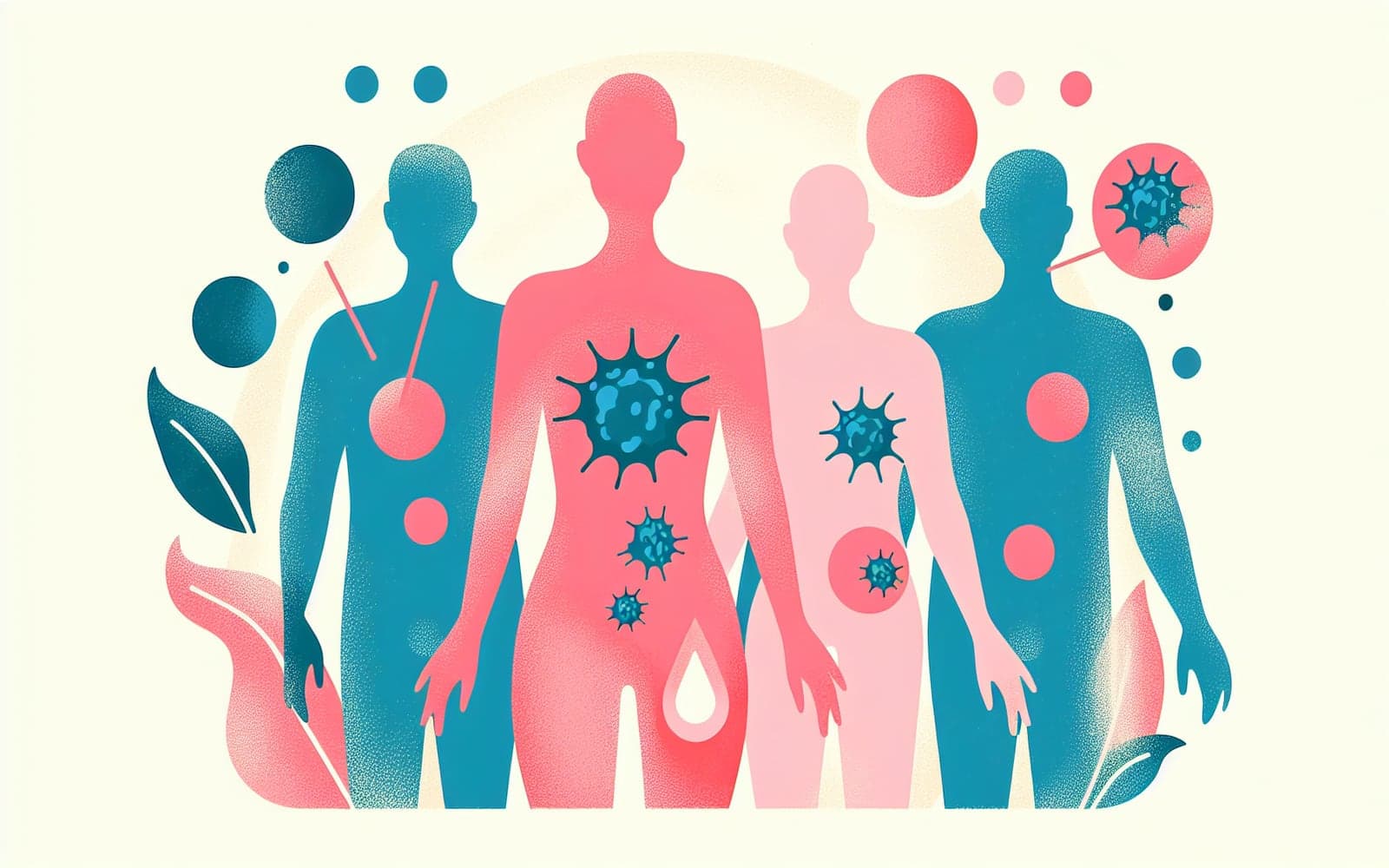How to Identify and Remove Skin Cysts Safely
Published: Jul 03, 2024
Skin cysts are common and often harmless, but knowing how to identify and treat them can help you manage any discomfort or cosmetic concerns they may cause.
Contents
Understanding Skin Cysts
Skin cysts are sac-like structures filled with fluid or semi-solid material that form under the skin. They can appear anywhere on the body and are usually painless unless they become infected or inflamed. The most common types include epidermoid cysts and pilar cysts, which are usually benign and slow-growing.
When Is Treatment Necessary?
Treatment for skin cysts is typically not required unless the cyst becomes painful, infected, or causes cosmetic concern. In such cases, medical intervention, such as drainage or surgical removal, might be necessary. It's important to consult a healthcare professional to ensure proper diagnosis and treatment.

Safe Removal Techniques
The punch incision technique is a minimally invasive method used to remove uncomplicated epidermoid cysts. It involves making a small incision on the cyst and expressing its contents. This approach often provides better cosmetic results and has a lower recurrence rate compared to traditional excision.
Frequently Asked Questions
Cysts contain fluid or semi-solid material, often keratin.
Most skin cysts are benign and not cancerous.
Diagnosis is usually clinical but can be confirmed with a biopsy.
Local anesthesia is used during removal to minimize pain.
Key Takeaways
Could a simple cyst removal improve your skin's health and appearance?
References
- Mehrabi D, Leonhardt JM, Brodell RT. Removal of keratinous and pilar cysts with the punch incision technique: analysis of surgical outcomes. Dermatol Surg 2002; 28:673.
- Lee HE, Yang CH, Chen CH, et al. Comparison of the surgical outcomes of punch incision and elliptical excision in treating epidermal inclusion cysts: a prospective, randomized study. Dermatol Surg 2006; 32:520.
This article has been reviewed for accuracy by one of the licensed medical doctors working for Doctronic. Always discuss health information with your healthcare provider.
AI Doctor Visit Required
Appointments available 24/7
15-min consultation. No hidden costs.
AI Doctor Visit Required
For safety reasons we have been forced to end this consultation.
If you believe this is a medical emergency please call 911 or your local emergency services immediately.
If you are experiencing emotional distress, please call the the Suicide & Crisis Lifeline at 988 or your local crisis services immediately.
Contact us
You can also email us at help@doctronic.ai
We aim to reply within 5-7 days
How likely are you to recommend Doctronic to friends or family?


